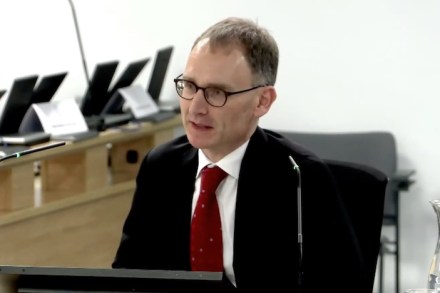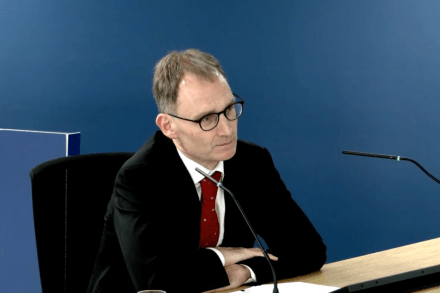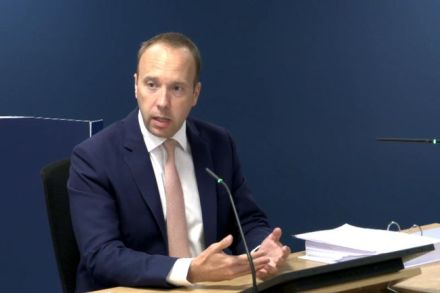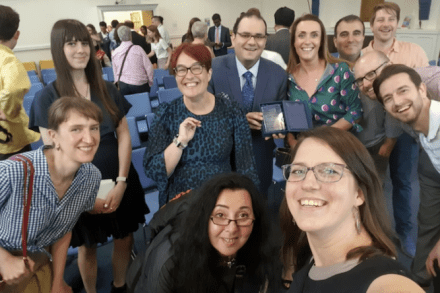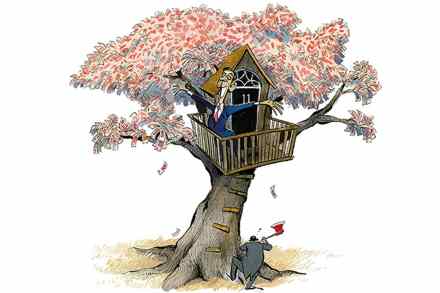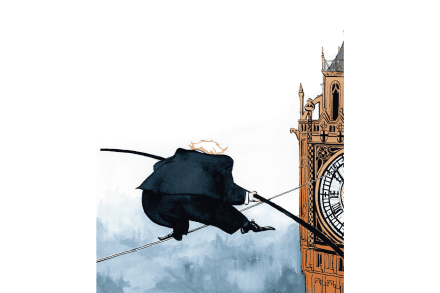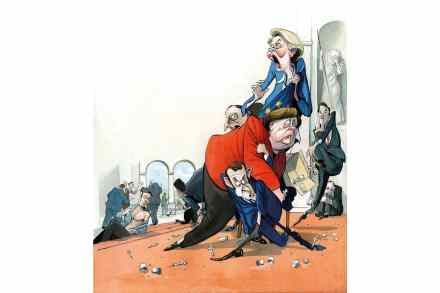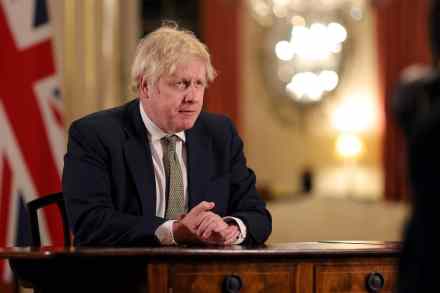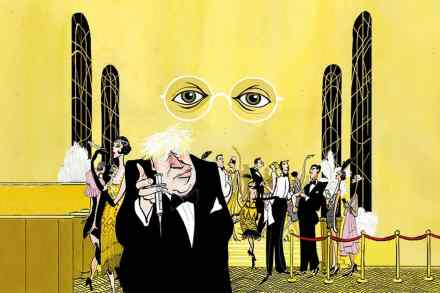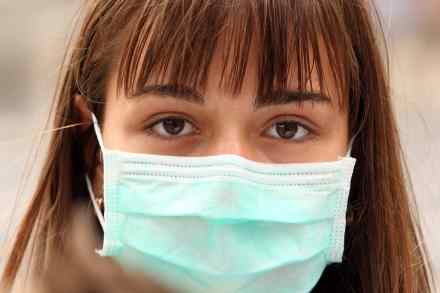What can we hope to learn from the Covid inquiry?
16 min listen
This week there have been some interesting developments in the public Covid-19 inquiry where scientists and mathematical modellers have been giving testimony on how prepared the government was to tackle the pandemic and how they used expert advise. Within the sessions, WhatsApp messages revealed that Dame Angela McLean – who at the time was chief scientific advisor to Ministry of Defence – sent a secret message referring to Rishi Sunak as ‘Dr Death the chancellor’ in reference to the public health impacts of the ‘eat out to help out’ scheme. What were some of the other revelations? Did we get any clarity on how these mathematical models were produced and
